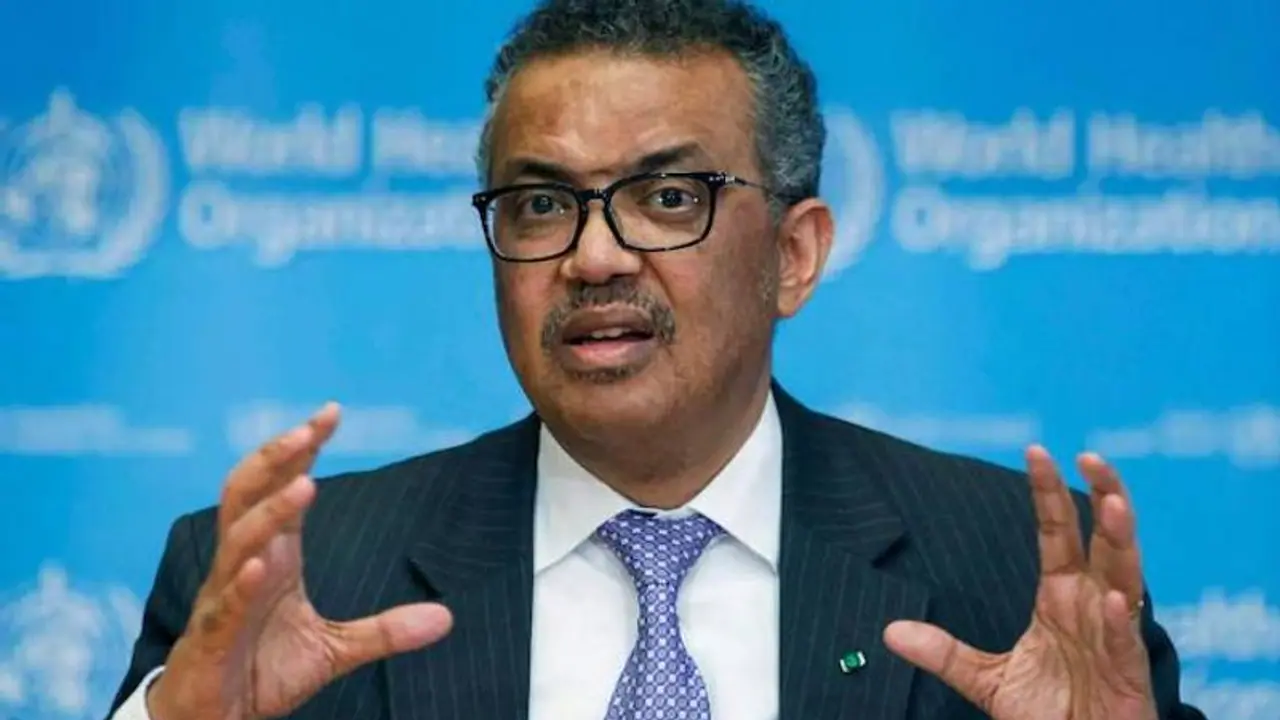There are many vaccinations available against viruses and bacteria, but this was the first time the WHO authorised a vaccine against a human parasite for widespread use.
The World Health Organisation approved the RTS,S/AS01 malaria vaccine on Wednesday, the first against the mosquito-borne illness that kills over 400,000 people each year, primarily African children. The decision was taken after an assessment of a pilot program running since 2019 in Ghana, Kenya, and Malawi, where more than two million doses of the vaccine, developed by the pharmaceutical company GSK in 1987, have been administered.

Following a review of evidence from those nations, the World Health Organisation announced it was "recommending the widespread use of the world's first malaria vaccine," according to Tedros Adhanom Ghebreyesus, the agency's director-general. The WHO stated that it is proposing that the vaccine be widely used among children in Sub-Saharan Africa and other areas with moderate to high malaria transmission.
Also Read | WHO to take finalise decision on Covaxin next week, examining 'additional information'
"
There are many vaccinations available against viruses and bacteria, but this was the first time the WHO authorised a vaccine against a human parasite for widespread use. "From a scientific standpoint, this is a huge breakthrough," said Pedro Alonso, Director of the World Health Organisation's Global Malaria Programme.
The vaccination protects against plasmodium falciparum, the most lethal of the five parasite types. Malaria symptoms include fever, headaches, and muscular discomfort, followed by chills, fever, and sweating in cycles. According to the World Health Organisation, a kid dies of malaria every two minutes.
Also Read | US research reveals blood thinners could reduce COVID-19 related deaths by 50 per cent
The next step will be to raise funds so that the newly recommended vaccination can reach African youngsters. "That will be the next significant step... Then we'll be ready to scale up dosages and make judgments about where and how the vaccine will be most beneficial," said Kate O'Brien, Director of WHO's Department of Immunisation, Vaccines, and Biologicals.
